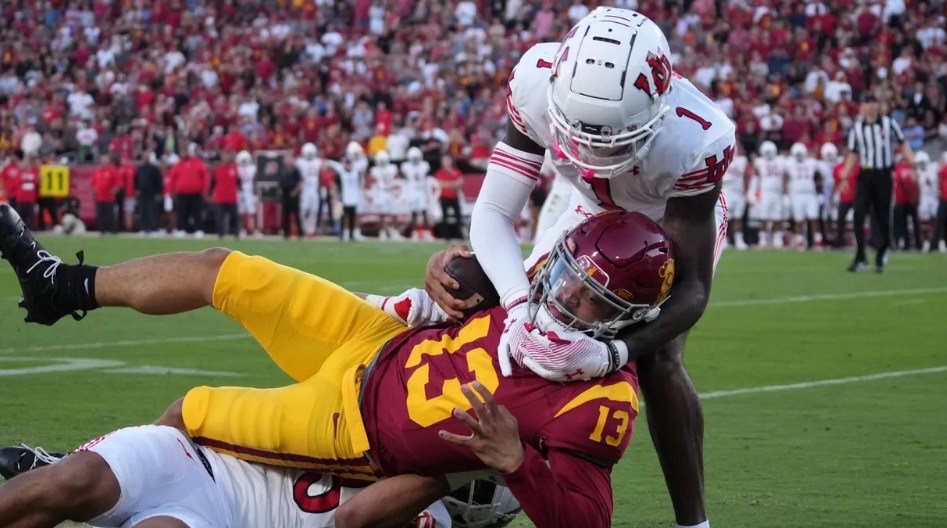A US judge has ruled that current and former college athletes can pursue class action lawsuits against the National Collegiate Athletic Association (NCAA) and its member conferences, seeking over $1.3 billion in damages for allegedly violating antitrust laws.
NCAA accused of capping education-related benefits
The ruling, issued on Monday by US District Judge Claudia Wilken in Oakland, California, stems from a landmark case that challenged the NCAA’s rules limiting the compensation that student-athletes can receive for playing sports.
In 2019, Wilken found that the NCAA and its conferences had illegally agreed to cap the education-related benefits that schools can offer to athletes, such as scholarships, laptops, and study abroad programs. She ordered the NCAA to lift those restrictions, but did not grant the plaintiffs’ request for monetary damages.
The plaintiffs, who represent thousands of men and women who played Division I basketball and Football Bowl Subdivision football from 2015 to 2019, appealed Wilken’s decision, arguing that they deserved to be compensated for the harm caused by the NCAA’s rules.
Ninth Circuit affirms injunction, reverses denial of damages
In May 2020, the US Court of Appeals for the Ninth Circuit affirmed Wilken’s injunction against the NCAA, finding that its rules had “significant anticompetitive effects” on the college sports market. The court also reversed Wilken’s denial of damages, holding that the plaintiffs had shown enough evidence of injury to pursue class actions.
The Ninth Circuit remanded the case back to Wilken, who certified two classes of plaintiffs on Monday: one for injunctive relief and one for damages. The injunctive relief class includes current and future athletes who are subject to the NCAA’s rules, while the damages class includes former athletes who played during the relevant period.
According to the plaintiffs’ lawyers, the damages class could seek over $1.3 billion in damages, plus interest, based on the difference between the value of the education-related benefits they received and the value of the benefits they would have received in a competitive market.
NCAA faces another legal setback
The ruling is another legal setback for the NCAA, which is facing mounting pressure to reform its policies on athlete compensation. In June, the US Supreme Court unanimously ruled that the NCAA’s limits on education-related benefits violated antitrust laws, opening the door for further challenges to its rules.
The NCAA also faces new state laws that allow college athletes to profit from their name, image, and likeness (NIL), which the NCAA has long prohibited. In July, the NCAA adopted an interim policy that suspends its NIL rules and allows athletes to earn money from endorsements, sponsorships, and other ventures, as long as they follow state laws and school policies.
The NCAA said it was disappointed by Wilken’s ruling and would consider its next steps. “We continue to believe that the NCAA rules governing student-athlete compensation are lawful and that these class definitions are unworkable and overbroad,” the NCAA said in a statement.

